Earning a degree in child counseling can qualify you for numerous opportunities in rewarding careers that allow you to provide therapy to children, youth, and adolescents. Child counselors are able to work with patients who have received diagnoses, or patients who need evaluations and testing. They also have the qualifications to work in a research setting, hospital, or private practice.
A career in child counseling usually requires earning a master’s degree plus obtaining licensure upon completion of an internship. Students interested in pursuing this career path can first earn a bachelor’s degree specializing in psychology, social work, or counseling to prepare them for graduate-level coursework. After obtaining an undergraduate degree, earning a master’s-level child counselor degree can empower you to succeed in your career and provide potentially life-changing services to kids and their families.
 University of Denver : Master of Arts in School Counseling (CACREP Accredited)
University of Denver : Master of Arts in School Counseling (CACREP Accredited)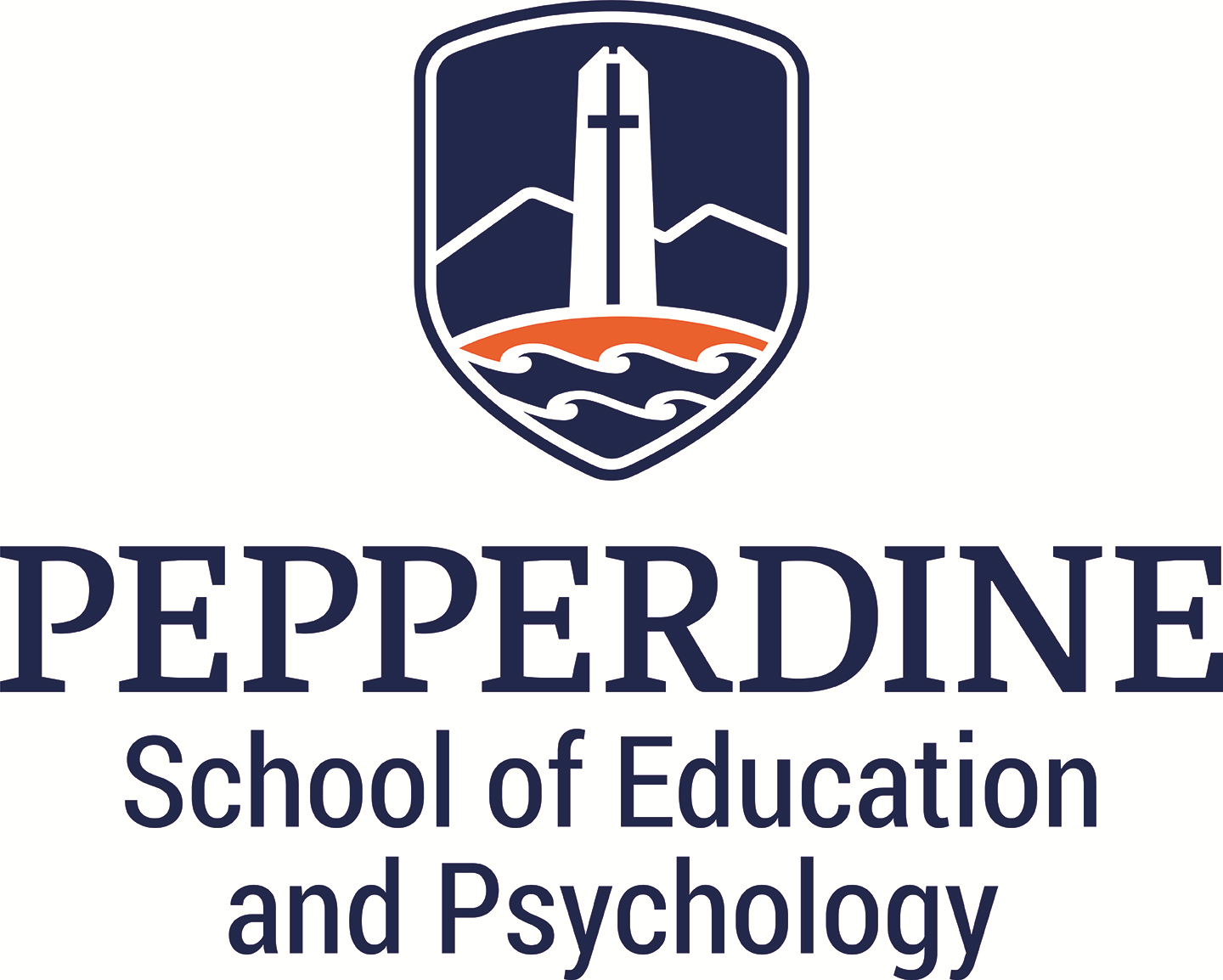 Pepperdine University : Master of Arts in Psychology (No GRE required)
Pepperdine University : Master of Arts in Psychology (No GRE required) Southern New Hampshire University (SNHU) : MS Psychology with concentration in Child and Adolescent Developmental Psychology (Flexible. Affordable. And achievable.)
Southern New Hampshire University (SNHU) : MS Psychology with concentration in Child and Adolescent Developmental Psychology (Flexible. Affordable. And achievable.)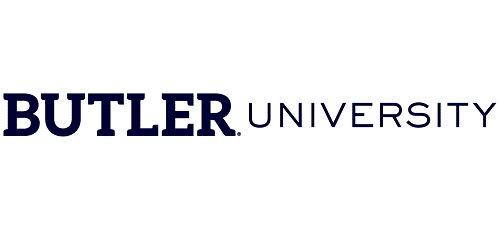 Butler University : Master of Science in School Counseling (CACREP Accredited)
Butler University : Master of Science in School Counseling (CACREP Accredited) Campbellsville University : MA in Education in School Counseling (P-12) (Can be completed in 18 months.)
Campbellsville University : MA in Education in School Counseling (P-12) (Can be completed in 18 months.) Arkansas State University : MSE School Counseling - Crisis & Trauma Concentration (100% Online, No Teaching Experience Required)
Arkansas State University : MSE School Counseling - Crisis & Trauma Concentration (100% Online, No Teaching Experience Required) Arkansas State University : MSE School Counseling - Special Populations Concentration (100% Online, No Teaching Experience Required)
Arkansas State University : MSE School Counseling - Special Populations Concentration (100% Online, No Teaching Experience Required)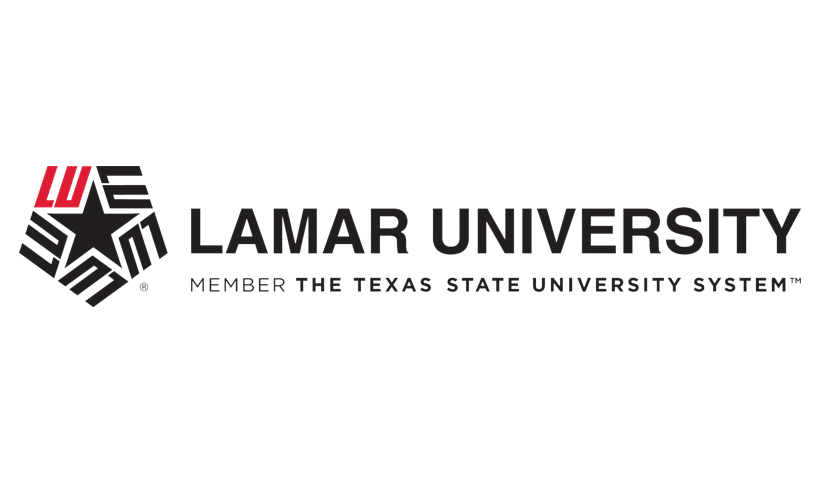 Lamar University : Master of Education in Counseling and Development with a Specialization in Professional School Counseling (100% Online, Affordable Tuition, Study on Your Time)
Lamar University : Master of Education in Counseling and Development with a Specialization in Professional School Counseling (100% Online, Affordable Tuition, Study on Your Time) University of Wisconsin – Superior : MSE Counseling - School Counseling Track (100% Online, No GRE Required)
University of Wisconsin – Superior : MSE Counseling - School Counseling Track (100% Online, No GRE Required)Child Counselor Programs: An Overview
Child counseling is a growing field, offering mental health services to children and teens. College degree programs in this field are designed to prepare you to apply advanced approaches concerning the latest therapy techniques and practice models. Online programs are particularly convenient, offering flexible hours for busy students who cannot attend classes on traditional campuses.
To become a child counselor, students must start at the undergraduate level by earning a bachelor’s degree in psychology, social work, or another field related to counseling. After completing their undergraduate degree, students should enter graduate programs in child counseling or a related field. A master’s degree is the minimum requirement for licensure in this field. Earning a graduate degree in child counseling and completing a supervised internship can help prepare you for licensure, although requirements may vary by state.
The information below gives insights into degree programs and options.
Master’s degree: To practice as a child counselor, you must pursue a degree at the master’s level. There are numerous colleges that offer master’s degrees online in child counseling. After first completing their bachelor’s degree, most students invest an additional 2-3 years to complete a master’s-level program along with an internship. After earning a master’s degree, students are eligible to take a licensing exam in their practicing state.
Doctoral degree: Upon completion of a master’s degree in child counseling or a closely related field, you can continue your education and pursue a doctorate. Doctoral programs can help advance careers and empower professionals to make a difference in their field of study. Doctoral programs can assist professionals who want to pursue research in the field of child counseling, and explore and elaborate on current theories in this field.
Certificate Programs: After earning a bachelor’s degree or master’s degree, you have the option to pursue certifications that specialize in a concentrated area of child counseling. Certificates do not replace the requirement of earning a bachelor’s or master’s degree, but they better prepare students to continue education in their field while building extensive knowledge on specific subjects pertaining to child counseling.
Consider a Featured Online Counseling Program
| School and Program Information | Online Program? Entry Requirements | Course Information | |
|---|---|---|---|
|
University of Denver
Master of Arts in School Counseling
 CACREP Accredited CACREP Accredited |
✔ Online
No GRE Required; Minimum GPA 2.5 Required
|
With no GRE required, earn your CACREP-accredited Master's in School Counseling online in as few as 24 months from the University of Denver.
|
Learn More |
|
Pepperdine University
Master of Arts in Psychology
Open to all undergrad majors
|
✔ Online
No GRE Required
|
Pepperdine University’s online Master of Arts in Psychology program is open to all undergrad majors and can be completed in about 18 months.
|
Learn More |
|
Southern New Hampshire University (SNHU)
MS Psychology with concentration in Child and Adolescent Developmental Psychology
NECHE Accredited
|
✔ Online
No application fee or GRE/GMAT scores required
|
Develop assessment, evaluation and treatment strategies that address the unique individual, cultural and psychological needs of children and families.
|
Learn More |
|
Butler University
Master of Science in School Counseling
 CACREP Accredited CACREP Accredited |
✔ Online
No GRE required.
|
Graduate in 2.5-3 years with Butler’s CACREP-accredited Master of Science in School Counseling program from the CAEP-accredited College of Education.
|
Learn More |
|
Campbellsville University
MA in Education in School Counseling (P-12)
CAEP Accredited
|
✔ Online
No GRE Required
|
CAEP-accrediated program prepares individuals to become elementary, middle and high school guidance counselors.
|
Learn More |
|
Arkansas State University
MSE School Counseling - Crisis & Trauma Concentration
|
✔ Online
100% Online, No Teaching Experience Required
|
Learn to foster the mental health wellbeing of K-12 students who have experienced life-changing traumatic events. Gain the specialized knowledge and tools you need to be fully qualified in supporting students from all backgrounds.
|
Learn More |
|
Arkansas State University
MSE School Counseling - Special Populations Concentration
|
✔ Online
100% Online, No Teaching Experience Required
|
Designed to intentionally hone your expertise in specific subgroups, this master's program online equips you to counsel K-12 students facing distinctive challenges. Areas of focus include special education, gifted and talented, and English as a second language.
|
Learn More |
|
Lamar University
Master of Education in Counseling and Development with a Specialization in Professional School Counseling
AAQEP Accredited
|
✔ Online
Minimum 2.75 Undergrad GPA. Valid teaching certificate
|
This online degree program is designed to prepare school counselors to serve the academic, career, personal and social needs of culturally diverse students in the elementary, middle and secondary schools
|
Learn More |
|
University of Wisconsin – Superior
MSE Counseling - School Counseling Track
|
✔ Online
100% Online, No GRE Required
|
Aligned to state law and accreditation standards, our programs equip you with the academic and professional development that will prepare you for the Wisconsin and/or Minnesota counseling licensure exams. Designed for teachers and nonteachers, this program provides the professional development and practical experience you need to enrich your counseling acumen and grow your impact on students' wellbeing.
|
Learn More |
*Sponsored Counseling Programs
For detailed degree information, view the guides to:
Online CACREP Accredited programs | Online MPCAC Accredited programs
Online Master’s Programs
Many colleges offer online master’s-level child counseling degrees. For students who work full-time, have children or other commitments, online programs are considered an excellent choice, offering more flexible options to fit busy schedules.
Below are online child counseling master’s programs that are currently accepting applications for new students.
Southern New Hampshire University – Online Master’s in Child Psychology and Development: Southern New Hampshire University’s online Master’s in Child Psychology and Development is a flexible option for students interested in a specialized program that can prepare them for licensure in child counseling. This 36-credit-hour program can prepare students to work with clients who are under 18 years of age.
Chicago School of Professional Psychology – Online Master’s in Child and Adolescent Psychology: Chicago School of Professional Psychology currently offers an innovative online MA in Child and Adolescent Psychology degree program that can provide you with skills to apply in this growing field. This 36-credit-hour program can be completed in one year for students attending full time.
 University of Denver - Master of Arts in School Counseling (CACREP Accredited)
University of Denver - Master of Arts in School Counseling (CACREP Accredited)
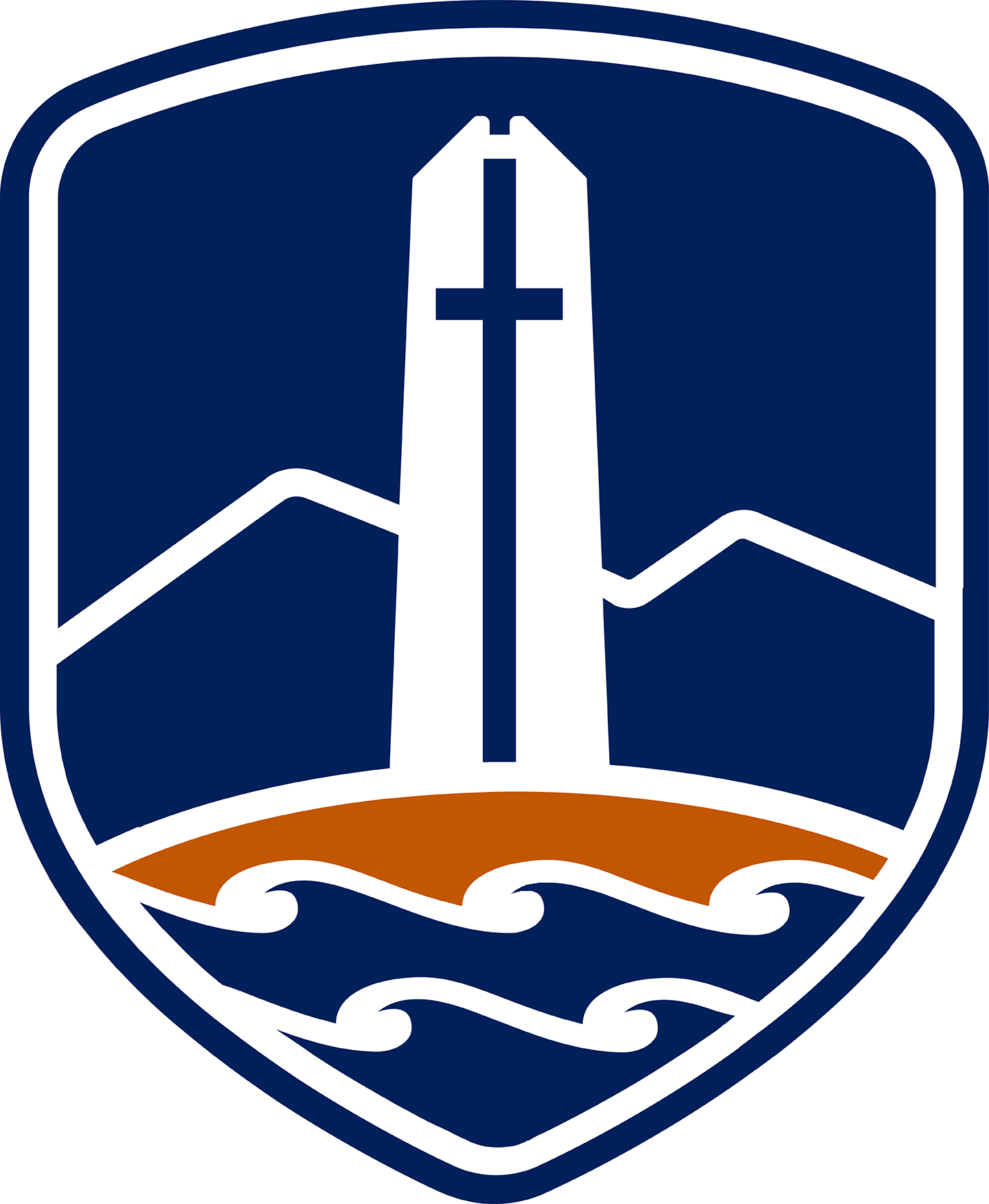 Pepperdine University - Master of Arts in Psychology (ABAI Accredited)
Pepperdine University - Master of Arts in Psychology (ABAI Accredited)
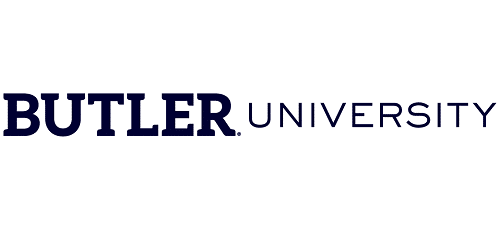 Butler University - Master of Science in School Counseling (CACREP Accredited)
Butler University - Master of Science in School Counseling (CACREP Accredited)
 Campbellsville University - MA in Education in School Counseling (P-12) (CAEP Accredited)
Campbellsville University - MA in Education in School Counseling (P-12) (CAEP Accredited)
Sample Courses for an Online Master of Child Counseling Degree
Students working toward a child counselor degree can enroll in courses that will provide extensive knowledge and skills that are relevant to the career. The courses offered in these degree programs were developed to empower students to work with children in a mental health capacity. Students can study childhood mental illness, the effects of trauma, and counseling methods. There are also many areas of specialization to consider. Alongside their graduate coursework, students may also have the opportunity to be directly trained by specialists in the field of therapy practices and childhood development.
Below are some of the course subjects graduates may be able to take in their study of child psychology.
- Child Development: Child counselor instructors in this course can provide educational information to students by studying real-life case studies of children and teens. The course will study the brain and the psychological stages of development throughout adolescence.
- Trauma and Crisis Management: Students can learn how trauma affects children and their brain development. This course offers information on how to react and respond to crisis situations and look at the best practices of de-escalation. Diagnosis and treatments, as well as childhood mental health disease and how it affects development, are some areas that may be covered in this course.
- Cognitive Neuropsychology: Students enrolled in this course are able to study the parts of the child and adolescent brain and what each section is responsible for. The focus will be psychiatric diagnoses versus behavioral diagnoses, as well as studying normal versus abnormal human development.
Related Degree: Master’s in Child and Adolescent Psychology Online Programs
Where Do Child Counselors Work?
Child counselors can offer therapy and support services to children in various settings. They may work with children in schools, hospitals, clinics, or private practice.
A Typical Day for a Child Counselor
A typical workday consists of using knowledge and expertise to provide counseling, therapy, and support to patients and clients struggling with anxiety, depression, trauma, or other mental health disorders. Child counselors fill different roles on a day-to-day basis depending on where they work. For example, counselors are needed in mental health clinics to see patients who need outpatient therapy. Some child counselors may work in a hospital where children and teens are admitted for further evaluation.
Organizations to Know
There are numerous professional associations that help guide the child counseling field, including the National Board for Certified Counselors (NBCC) and the American Counseling Association (ACA). Effective professional counselors can stay up to date on the latest techniques by joining organizations such as these that specialize in their field of expertise. The Society of Clinical Child and Adolescent Psychology (SCCAP) is another organization for professionals in this career.
Being part of a professional organization provides opportunities to interact with others who hold similar jobs, share clinical and career information, and learn more about the latest trends in child counseling.
Those pursuing or considering child counselor degrees should learn about the Association for Child and Adolescent Counseling (ACAC) and the National Council of Schools and Programs of Professional Psychology (NCSPP). Both organizations can provide industry-specific knowledge and support for child counseling.
Source List:
Association for Child and Adolescent Counseling, “About Us”
American Counseling Association, “School Counselors”
American Counseling Association, “School Counselor Connection”
National Board for Certified Counselors, “Resources for NCCs”
The National Council of Schools and Programs of Professional Psychology, “About”

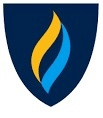 Southern New Hampshire University (SNHU) - MS Psychology with concentration in Child and Adolescent Developmental Psychology
Southern New Hampshire University (SNHU) - MS Psychology with concentration in Child and Adolescent Developmental Psychology Arkansas State University - MSE School Counseling - Crisis & Trauma Concentration
Arkansas State University - MSE School Counseling - Crisis & Trauma Concentration Lamar University - Master of Education in Counseling and Development with a Specialization in Professional School Counseling
Lamar University - Master of Education in Counseling and Development with a Specialization in Professional School Counseling University of Wisconsin – Superior - MSE Counseling - School Counseling Track
University of Wisconsin – Superior - MSE Counseling - School Counseling Track